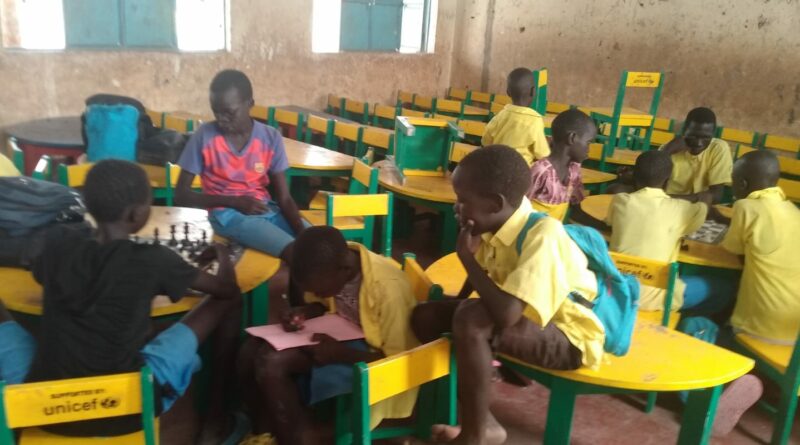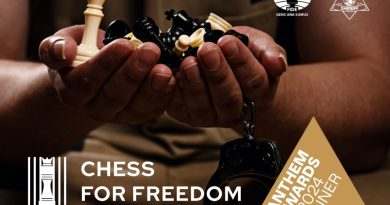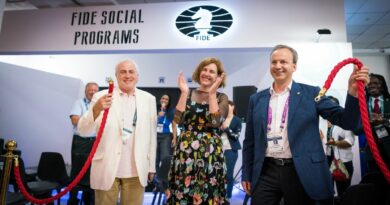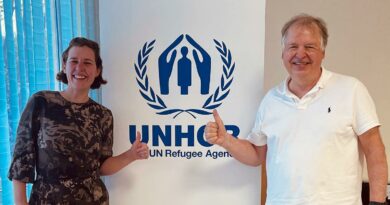Kakuma and Kalobeyei Chess for Refugees project entering its second year
The huge ongoing FIDE-run Chess for Refugees project in northern Kenya was launched early August 2021, and it is still running at full speed.
Currently the main project activities are in the Kalobeyei refugee settlement, some 15 kilometers to the west of the main Kakuma camp. 8 Kalobeyei primary schools participate with 50 learners each, of whom the majority are girls.
The chess trainers, all of whom are refugees themeselves, have earlier run chess courses for 20 schools in Kakuma, and the project is planning to continue with another 10 schools back in Kakuma in quarter 4 2022. By then, some 1600 children will have participated and learned to play the beautiful game.
And in addition, all the children will have picked up all the other benefits of being exposed to chess, such as problem solving, analytical skills, decision making and even life skills such as empowerment and belonging.
Also, the Girl Club project, which is a parallell chess activity engaging learners in 3 girl boarding schools in Kakuma, is continuing its activities into year two, with chess classes and also lot of other engaging activities.
Looking ahead, the Kakuma and Kalibeyei project is planned to continue until the end of 2022. After that, there is a strong likelihood that FIDE will launch more similar projects in refugee settlements around the world in the years to come.
In a comment, FIDE Social commission chairman Geir Nesheim says: “The Kakuma and Kalobeyei project is FIDE at its best, with chess at the core of a very meaningful project affecting many young learners, of which a majority are actually girls. It has been great to work with partners like UNHCR, Chess Kenya and the LWF. We are currently working to make the positive impacts sustainable, with chess activity in Kakuma and Kalobeyei to continue also in the years to come.”




